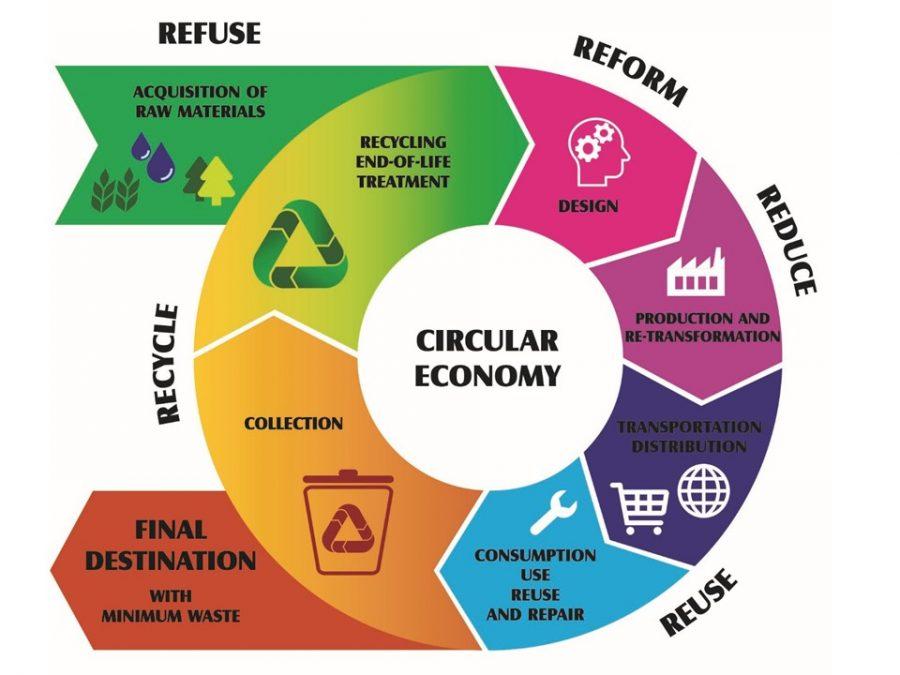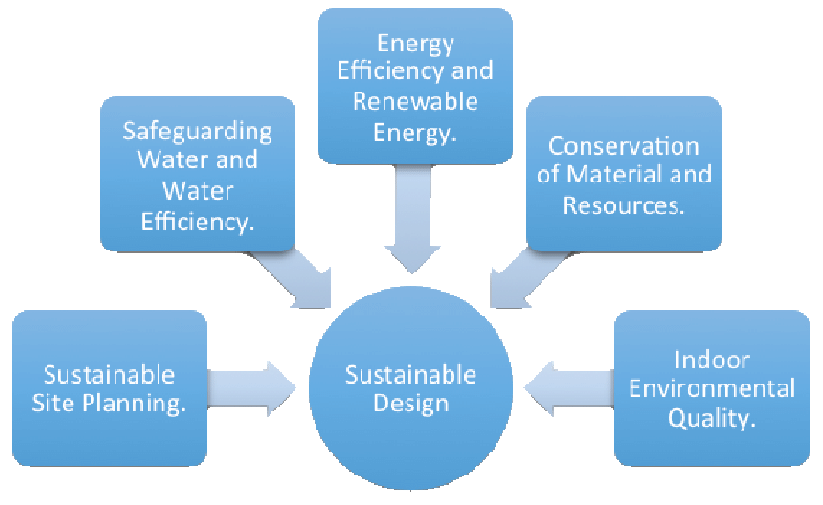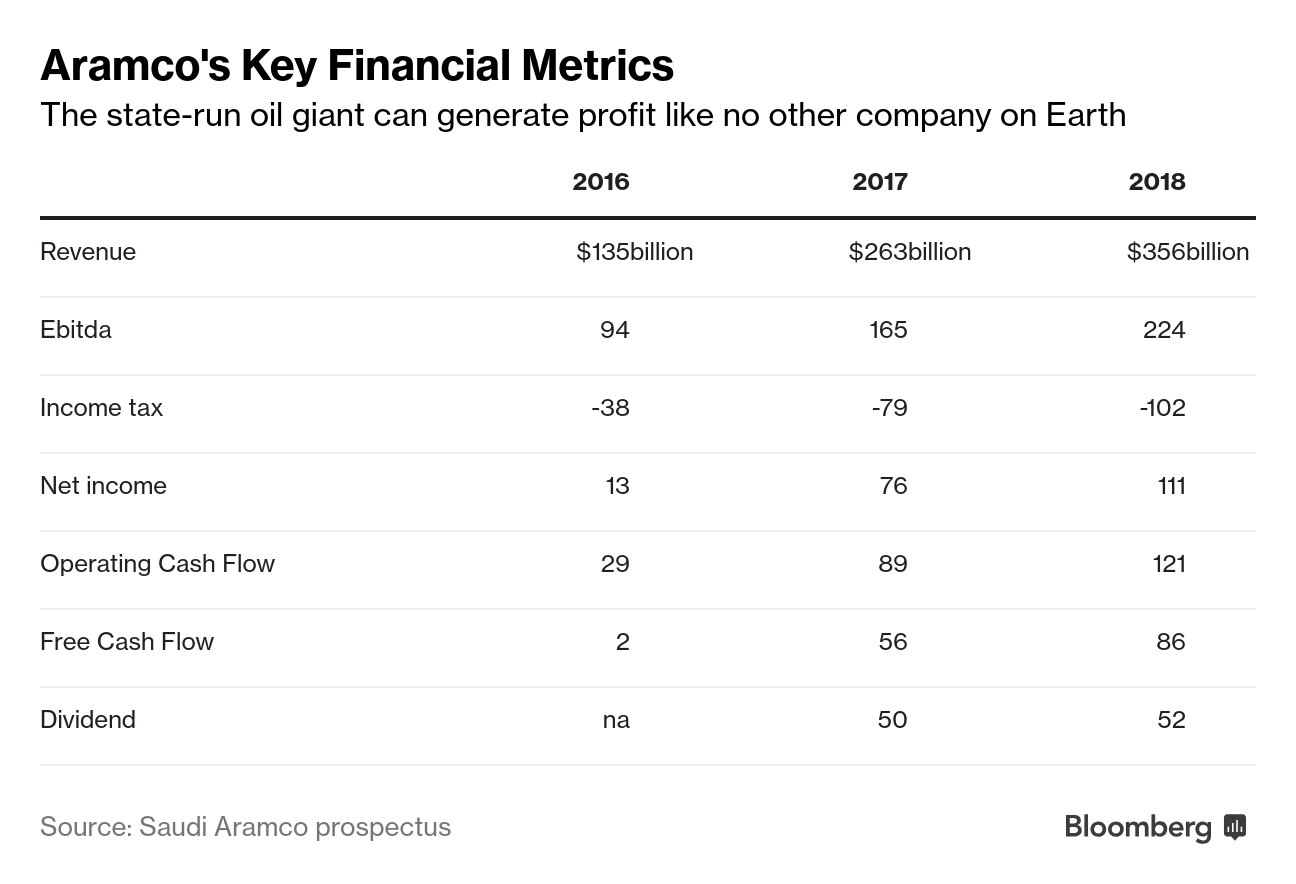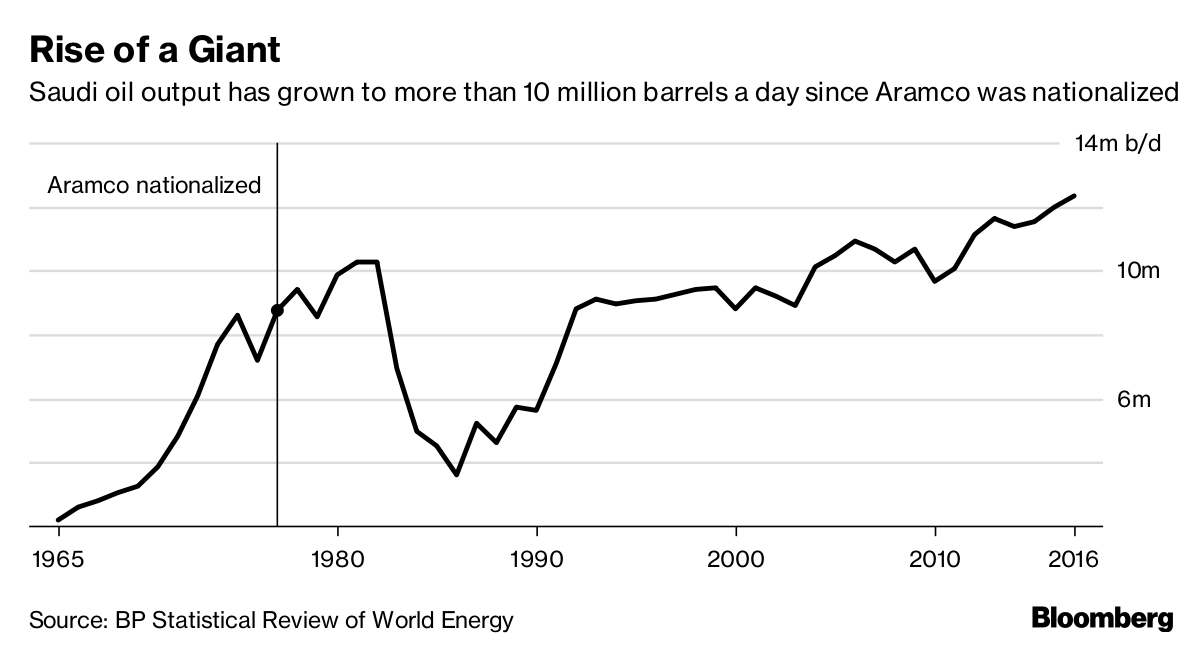Global Warming
Global warming is currently one of the main concerns of environmentalists and different governments around the world. Meadowcroft et al. (2019) define global warming as a long-term increase in earth’s temperature that is primarily caused by human activities such as burning of fossil fuel. The process releases greenhouses gases to the atmosphere, which has led to a consistent increase in the global temperature. The process has led to climate change, where rainfall patterns have become erratic, flooding and cyclones more common, and drought more prevalent that it ever was registered. The oil and gas industry has largely been blamed as the main contributor of global warming.
Resource Scarcity
Resource scarcity refers to the limited nature wealth that people need to meet various needs. The changing climate has affected the agricultural sector that is responsible for feeding the world. Minerals and oil are also becoming getting depleted because of overexploitation. In this industry, it is estimated that most of the oil reserves may be depleted in less than 50 years. It means that there is a need to find a way of using these scarce resources sustainably. Finding an alternative energy sources may be one of the best ways of dealing with the problem.
Population Growth
The global population is growing rapidly, causing even greater strain on limited resources. In 1950, the global population was estimated to be 2.5 billion people, but that number increased to 6.9 billion people in 2010, which represents a 174% growth rate (Badran et al., 2017). Currently, it is estimated that the global population is 7.7 billion people. It is necessary to find a way of sustaining this population using the scarce resources. Embracing new practices in the oil and gas sector is critical because unlike other industries, this sector has been criticized as being the leading cause of global warming and climate change.
Loss of Biodiversity
Loss of biodiversity is another concern that stakeholders in the oil and gas industry have to find a way of addressing. Scientists and environmentalists have argued that as long as the global community is still using oil and gas for both domestic and industrial purposes, the problem of climate change is likely to get worse (Walker, Pekmezovic and Walker, 2019). Players in this sector need to redefine their approach and operational strategies to overcome the numerous challenges that may cripple their operations in the future.
Financing Challenges and Solutions for Sustainable Development
Achieving sustainable development requires taking a different approach to exploiting the limited resources. Funding has been identified as one of the issues that many organizations in different industries and countries face. In the Kingdom of Saudi Arabia, the oil and gas sector has not been facing a serious financing challenges because of the growing demand for products it offers in the global market. However, the country’s renewable energy sector has had challenges of financing. The stakeholders in this industry has been keen on wooing investors into this sector because of the great potential that it presents. Players in this sector should consider having the government as one of the principal investors in the industry. In an interview that was conducted with some of the experts in this field, one of the respondents stated that “the government has the financial capacity to support the growth and development of renewable energy sector” (Schoenmaker and Schramade, 2019, p. 87). It is the responsibility of stakeholders in this field to convince the government to be part of the initiative.
In other countries around the world, renewable energy has gained massive popularity as a means of promoting sustainable development. In Germany, private citizens are actively involved in the production of clean energy (Schoenmaker and Schramade, 2019). Using solar panel, they generate more than what they need and sell excess to the national grid. Others are using biomass to help in the production of alternative energy. The researcher highly recommends such practices in Saudi Arabia as a means of solving the financial problem. Instead of relying wholly on the government to fund such projects, individual citizens can take the initiative and participate actively in the generation of solar energy. Those who can generate enough energy to meet their domestic needs will help reduce the pressure on the national grid. Those who cannot who can generate excess energy can help boost the national grid.
The concerted effort by all stakeholders in the energy sector will help address the financing challenges. If the strategy is working in Germany, it can also work well in Saudi Arabia. Mansdorf (2019) notes that for such initiatives to work, it is important to promote public-private partnerships. Some of the major infrastructural developments can be done by private players, but with the support from the government. The researcher also recommends that the government should invite foreign investors into this industry to help solve the financial challenges that may limit the growth of renewable energy.
Implementation of Innovative Business Strategies That Will Help in Addressing the Sustainability Challenges in the Chosen Organization
Innovation and technology presents the perfect solution to sustainable development in the energy sector. Organizations in this industry are concerned about two factors that may affect its sustainability. First, it is becoming increasingly evident that continued use of fossil fuel poses serious global environmental challenges. Secondly, it is estimated that in a few decades to come, most of the current oil reserves may be depleted (Arezes et al., 2019). It means that there is need to find a lasting solution to these sustainability challenges that the industry faces. Stakeholders must realize that they can no longer rely on traditional practices to solve current problems. They have to redefine their approach to managing concerns that stakeholders have identified.
Technological advancements offers a perfect way of addressing the problems identified above. Through innovation, the concept of solar power has emerged as the best way of tapping the sun energy and converting it into other forms that can be used both for domestic and industrial needs. Innovations in the fields of biomass, geothermal, wind, and sea tides are also enhancing sustainable development in this sector. These technologies have helped in transforming the industry in many European and North American countries. The same can be replicated back at home and many other developing economies around the world. In fact, Mansdorf (2019) argues that promoting the use of renewable energy may be the solution to lowering the cost of manufacturing in the developing economies.
The scope for further development in this industry is limitless. As the global population continues to increase, the demand for energy will continue. Finding alternative energy sources that are reliable is the only way of reducing reliance on oil and gas. Promoting a circular economy where recycling and effective management of resources is encouraged may be necessary at this stage. As shown in figure 2 below, a circular economy promotes principles of refuse, reform, reduce, reuse and recycle in the management of resources to ensure that there is as little waste that is generated as possible when using scarce resources. For instance, wastes can be transformed into energy instead of being taken into landmines. Brinkmann and Garren (2018) also believe that the use of virtual organizations, clean energy, and updated machines can help reduce carbon footprint. It will ensure that as little waste as possible is generated both at work and in residential areas. It is also necessary to use sophisticated technologies to facilitate effective management of wastes.

Review Sustainability and Its Influence on Production and Design in the Energy Sector
The energy sector plays a critical role in the global economic development. As such, it is essential to enhance its sustainability despite the numerous challenges that have emerged over the recent past. Sustainable design principles may help enhance growth in this sector. One of the most important principles in sustainable design is energy efficiency and the need to use renewable sources. There is a need to ensure that stakeholders understand the need to promote production of renewable energy. Conservation of materials and resources is another major principle in this model that promote responsible use of limited natural resources. Safeguarding water and enhancing its efficient use is a factor that organizations in this industry should observe. Indoor environmental quality is essential as an aspect of occupational safety and health administration to keep workers safe and healthy. Finally, the model identifies sustainable site planning as a critical principle that enhance success when promoting sustainable development. Knowing what needs to be done at a specific time and in a given way is essential. Figure 3 below identifies these principles.

The concept of lean management and implementation is one that can also help in promoting sustainable development in this industry. It emphasizes the need to promote “continuous improvement, a long-term approach to work that systematically seeks to achieve small, incremental changes in processes in order to improve efficiency and quality,” (Lo and Ha-Brookshire, 2018, p. 62). It has five principles that players in this industry can embrace. The principles include defining value, mapping value stream, creating a flow, establishing a pull, and pursuit of perfection. In the energy sector, lean management can be promoted by encouraging modularization, the use of sophisticated extraction, processing, and transportation technologies, and protection of the environment.
Addressing the problem of functional obsolescence is also critical in this industry. Before expensive machines can be rendered obsolete, they can be adjusted and improved to meet the current needs. The same should be done by products within this industry. These products should be recycled as much as possible to reduce their burden on the environment. Brinkmann and Garren (2018) also talks about the need to embrace ethical practices in the energy sector. Ethical issues such as safe working conditions, minimum wage, and equal opportunities for all irrespective of their gender, religious affiliation, race or any other such demographical classifications is important. They can help in enhancing sustainability within a firm and in a given industry.
Review the Impact of Regulations and International Codes on Sustainability in the Energy Sector
The international community and the government of Saudi Arabia has set key codes of practices that players in the oil and gas sector must observe. These codes define oil extraction practices, code of conduct when processing, storage policies, and transportation. The role of these codes is to protect people and the environment by eliminating or significantly reducing possible cases of leakages, spillage, and fire outbreak (Arezes et al., 2019). Each company in this sector is expected to get a label and certification that proves they have met the set standards. In Saudi Arabia, the government has enacted strict policies meant to enhance sustainability of the industry despite the growing concerns about the impact that the industry has on the environment. The strict supervision by various authorities has forced all stakeholders to rigorously adopt these policies.
These policies are useful in embedding sustainability in the energy sector. They are meant to ensure that players in the sector do not embrace practices that may have adverse effect on the environment. The international community is piling pressure on players in this sector to find ways of making their practices and products more environmentally sustainable. The codes and policies being embraced are meant to address these concerns. As Arezes et al. (2019) observe, these codes and implementation strategies will need to be as transparent as possible so that all interested parties can understand milestones already made. The government has been criticized of hiding the truth about actual impact of the industry on the environment. Such issues should be effectively addressed.
I believe I can influence the management of my current organization to adopt regulations and codes that can enhance sustainability of the firm and the industry. I can achieve that goal by explaining dangers of the current practices and benefits that the organization can achieve when it embraces ethical practices. Some of the areas of focus that I would emphasize on include cost savings, risk management, employee satisfaction, and reputation building when these new practices are embraced. Other benefits that I would outline to the management include the ability of the company to attract green investors from the international community and the ability of having a stable supply chain (Brinkmann and Garren, 2018). Large international corporations are currently focusing on promoting production and use of green energy. When this company succeeds in convincing the international community that it is committed to the generation and supply of renewable energy, it will attract major investors from North America and Europe. It will help in addressing some of the financial challenges discussed above.
The Importance of Sustainability Reporting
Sustainability reporting is critical in enabling the management to assess the current state of the company and its ability to withstand emerging and unforeseen forces in the market. It allows the management to know areas that need changes to enhance its ability to achieve continuous growth. In this case, the company that was of interest in this energy sector was Saudi Aramco Company. As the largest company in Saudi Arabia and one of the leading oil and gas companies in the world, it is important for its leadership to understand the relevance of sustainability reporting. It should reveal the impact that its strategies and operations have on the environment and the local and global society (Arezes et al., 2019). Doing so is one step towards embracing environmentally friendly practices.
Such initiatives show that the company appreciates the negative impact of its products on the society but it is willing and committed to making some changes to address these concerns. Making investments on sustainability initiatives may have long-term benefits for the firm. The return on investment (ROI) may not be visible in the short-term, but it will help the firm to protect its reputation and define a path towards future success. Table 1 below shows key financial metrics of Aramco.

The financial record above shows that the company’s revenues have been growing consistently from 2016 to 2018. In fact, its revenues in 2018 was more than twice what it was in 2016. It is a strong indication that the company is growing rapidly and has the financial capacity to support sustainability projects, especially in research. Figure 4 below supports this argument as it confirms that Aramco’s profit was equal to that of Apple, Google, and ExxonMobil combined.


The chart above (figure 5) shows the sharp rise of Aramco as a dominant company in the energy sector. The process of nationalizing the company started in 1974 and was completed in 1980. It soon experienced some challenges, but by 1990, it started experiencing meteoritic rise to this day as shown in the chart. This impressive growth can only be sustainable if this firm embraces sustainable practices, especially focusing on protecting the environment.
Reference List
Arezes, M. et al. (Eds.) (2019) Occupational and environmental safety and health. Cham: Springer.
Badran, A. et al. (Eds.) (2017) Water, energy & food sustainability in the Middle East: the sustainability triangle. Cham: Springer.
Brinkmann, R. and Garren, J. (Eds.) (2018) The Palgrave handbook of sustainability: case studies and practical solutions. London: Palgrave Macmillan.
Lo, C. and Ha-Brookshire, J. (Eds.) (2018) Sustainability in luxury fashion business. Singapore: Springer.
Mansdorf, S. (Ed.) (2019) Handbook of occupational safety and health. 3rd edn. Hoboken, NJ: Wiley.
Meadowcroft, J. et al. (2019) What next for sustainable development: our common future at thirty. Northampton, MA: Edward Elgar Publishing.
Ramady, M. (2018) Saudi Aramco 2030: post IPO challenges. Cham: Springer.
Schoenmaker, D. and Schramade, W. (2019) Principles of sustainable finance. Oxford: Oxford University Press.
Walker, J., Pekmezovic, A. and Walker, G. (2019) Sustainable development goals: harnessing business to achieve the sustainable development goals through technology, innovation and financing. 2nd edn. Hoboken, NJ: John Wiley & Sons.